| |||||||||||||
| |||||||||||||
| |||||||||||||
The 1954 Onslow by-election was a by-election for the electorate of Onslow during the 30th New Zealand Parliament. It resulted from the death of the Labour Member of Parliament Harry Combs on 12 June 1954. [1]
| |||||||||||||
| |||||||||||||
| |||||||||||||
The 1954 Onslow by-election was a by-election for the electorate of Onslow during the 30th New Zealand Parliament. It resulted from the death of the Labour Member of Parliament Harry Combs on 12 June 1954. [1]
In February 1954 Combs announced he would retire at the general election later that year owing to ill health. [2] As a result, Labour had already prepared to replace him in the electorate and at the time of Combs' death, Henry May, a member of the Petone Borough Council, had already been selected as the Labour candidate. [3] May's selection had been something of a surprise as the former Labour Party president James Roberts was the other candidate. [4] The National Party decided not to stand a candidate as it had already selected Wilfred Fortune (the sitting MP for Eden) to contest Onslow at the upcoming general election. National wanted to avoid confusion by putting up a proxy candidate and likewise did not wish to cause a by-election in Eden should Fortune be victorious. [4] National had already faced selection difficulties with its expected candidate, Wellington City Council member Stewart Hardy, withdrawing before Fortune took his place. [5] The newly created Social Credit Party also decided to not contest the by-election. The party head office issued a press statement that given the close proximity of the next general election there was little purpose contesting the seat. [6]
The government intended it to coincide with the upcoming Patea by-election, even passing the Patea By-election Act 1954 to postpone it until the day of the Onslow by-election. [7]
As a general election was due towards the end of 1954 (and was held on 13 November), the nominated Labour candidate Henry May was not opposed, so was declared elected (from midday on 7 July 1954) when the writs closed for candidates. [8] It marked the last time, to date, that a candidate for the House of Representatives has been returned unopposed. As May was declared elected when the writs closed on 7 July it rendered the government's attempt to have the Patea election held back until 31 July pointless.
May first learned of his default victory via a telegram from Petone MP Mick Moohan inviting him to attend that evening's session of parliament. May did so and was sworn in as an MP that very evening. [4] At the general election in November May defeated Fortune by 519 votes, confirming him as the MP. [8]

The 1954 New Zealand general election was a nationwide vote to determine the shape of the New Zealand Parliament's 31st term. It saw the governing National Party remain in office, but with a slightly reduced majority. It also saw the debut of the new Social Credit Party, which won more than eleven percent of the vote but failed to win a seat.
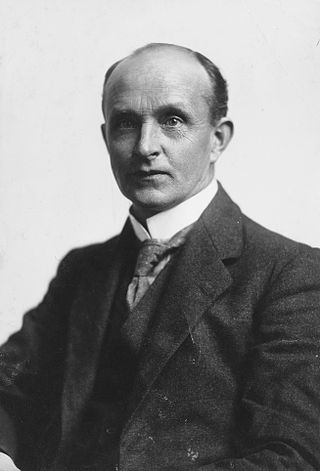
James (Jimmy) McCombs was a New Zealand Member of Parliament for Lyttelton.
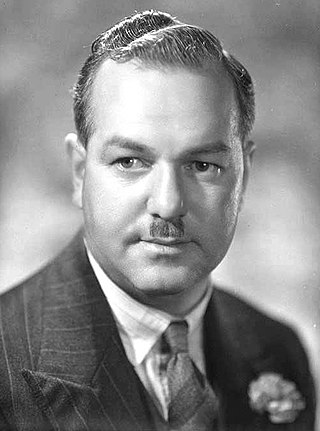
John "Jock" Skinner Stewart was a New Zealand politician of the Labour Party.
Waimarino was a New Zealand parliamentary electorate that existed from 1911 to 1954, and from 1963 to 1972. It was rural in nature and was represented by four Members of Parliament.
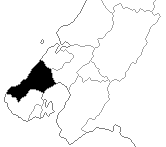
Onslow was a New Zealand parliamentary electorate, from 1946 to 1963, and then again from 1993 to 1996 in the Wellington area. It was represented by three Members of Parliament throughout the years it existed.
Avon is a former New Zealand parliamentary electorate. It was created for the 1861 general election and existed until 1996. It was represented by 13 Members of Parliament and was held by Independents, Liberal Party or Labour Party representatives.

William Alfred Sheat was a New Zealand Member of Parliament for two Taranaki electorates.

Henry Leonard James May was a New Zealand politician of the Labour Party. He was a cabinet minister from 1972 to 1975.
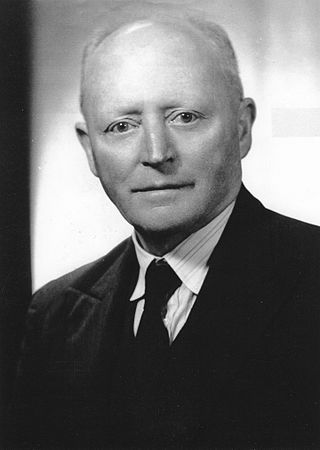
Harry Ernest Combs was a New Zealand politician of the Labour Party.

The 22nd New Zealand Parliament was a term of the New Zealand Parliament. Its composition was determined by the 1925 election, and it sat until the 1928 election.
Wellington Suburbs was a parliamentary electorate in Wellington, New Zealand. It existed from 1893 to 1902, then from 1908 to 1911, and from 1919 to 1946. The electorate was represented by six Members of Parliament.
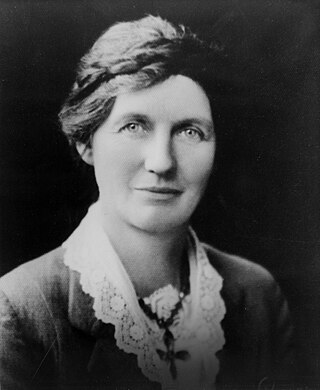
The Lyttelton by-election of 1933 was a by-election held during the 24th New Zealand Parliament in the Christchurch electorate of Lyttelton. It is notable for being won by Elizabeth McCombs of the New Zealand Labour Party, who became the first woman to be elected to the New Zealand Parliament. This by-election was therefore seen as a milestone in Women's suffrage in New Zealand.
The 1954 Patea by election was held on 31 July during the 30th New Zealand Parliament, and was caused by the resignation of incumbent National MP, William Sheat.
The Southern Māori by-election of 1967 was a by-election for the electorate of Southern Maori on 11 March 1967 during the 35th New Zealand Parliament. The by-election resulted from the death of the previous member Sir Eruera Tirikatene on 11 January 1967.
The 1967 Petone by-election was a by-election for the electorate of Petone on 15 April 1967 during the 35th New Zealand Parliament. The by-election resulted from the death of the previous member the Hon Mick Moohan on 7 February 1967. The by-election was won by Fraser Colman, also of the Labour Party.

The Fendalton by-election of 1967 was a by-election for the electorate of Fendalton on 15 April 1967 during the 35th New Zealand Parliament.
The Grey Lynn by-election 1963 was a by-election held in the Grey Lynn electorate in Auckland during the term of the 33rd New Zealand Parliament, on 18 May 1963.

The Riccarton by-election 1956 was a by-election held in the Riccarton electorate in Christchurch during the term of the 31st New Zealand Parliament following the death of the Labour Party incumbent. The by-election, held on 27 October 1956, was won by Mick Connelly, also of the Labour Party.

The Hutt by-election was a by-election in the New Zealand electorate of Hutt, an urban seat at the bottom of the North Island. The by-election was held on 18 December 1929, and was precipitated by the resignation of sitting United member of parliament Thomas Wilford on who had been appointed the High Commissioner to the United Kingdom by Prime Minister Joseph Ward. The by-election was contested by Walter Nash of the Labour Party, James Kerr from the United Party and Harold Johnston of the Reform Party. The lead up to the by-election was marred by harsh words between candidates.